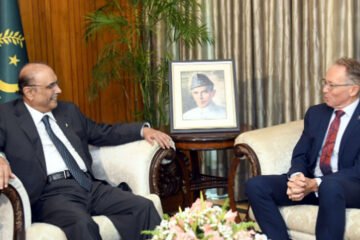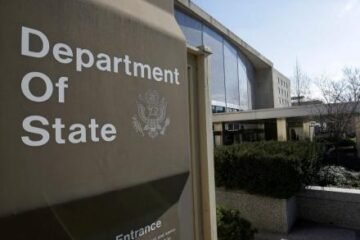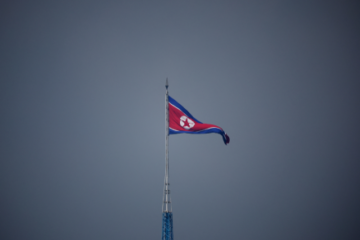Pakistan calls for strengthening of UNMOGIP after India’s ‘illegal’ actions, LoC breaches

UNITED NATIONS, Sep 11 (APP):Pakistan has urged the United Nations Security Council to explore the possibility of strengthening the UN Military Observer Mission in India and Pakistan (UNMOGIP), which monitors the Line of Control (LoC) in Kashmir, as New Delhi’s revocation of the disputed state’s special status has heightened tensions between the two South Asian neighbours.
“UNMOGIP’s role and importance has increased dramatically since India’s illegal de facto annexation of occupied Jammu and Kashmir on 5 August, in flagrant violation of multiple Security Council resolutions,” Ambassador Maleeha Lodhi told the 15-nation Council.
“Its efficacy has also become consequential due to mounting ceasefire violations by Indian forces, which necessitate regular and formal reporting to the Council,” the Pakistani envoy said while participating in a debate on UN Peacekeeping Operations, the world body’s flagship enterprise.
The Pakistani envoy underscored the need for the Security Council to continue monitoring the situation in occupied Kashmir, which is under siege since India’s clampdown nearly six weeks ago, and to ensure that India also allows it the requisite freedom of access and movement in order for it to fulfill its mandate. .
UNMOGIP was deployed in January 1949 to supervise the ceasefire between India and Pakistan in the State of Jammu and Kashmir. While Pakistan allows UN observers to monitor the LoC, India does not.
The group, based in Rawalpindi, is composed of 44 military observers, supported by 25 international civilian personnel and 47 local civilian staff.
In her remarks, Ambassador Lodhi said Pakistan has been a consistent and reliable troop contributor to UN Peacekeeping Operations since 1960, providing over 200,000 troops to 46 missions.
In this context, she said that Pakistan, as a host to UNMOGIP, appreciates the role that the observer group plays in maintaining regional stability.
As a major troop-contributing country, Pakistan fully understands the rationale behind generating critical capabilities, increasing female participation and improving training.
“Pakistan has met the United Nations targets on female participation, and also recently deployed a female engagement team in the Democratic Republic of the Congo,” she noted.
Stressing the need to provide troops with the best possible equipment, she noted that the Secretariat also bears the responsibility of providing pragmatic and realistic analysis of the situation on the ground.
“Peacekeeping is a shared responsibility,” she said, adding that, rather than focus on just cutting costs and troop numbers, operations must dictate logistics.
“We look forward to working with all stakeholders for our common objective of improving peacekeeping outcomes,” Ambassador Lodhi said. “The burden of responsibility should however be shared equitably to achieve the results we all want.”










